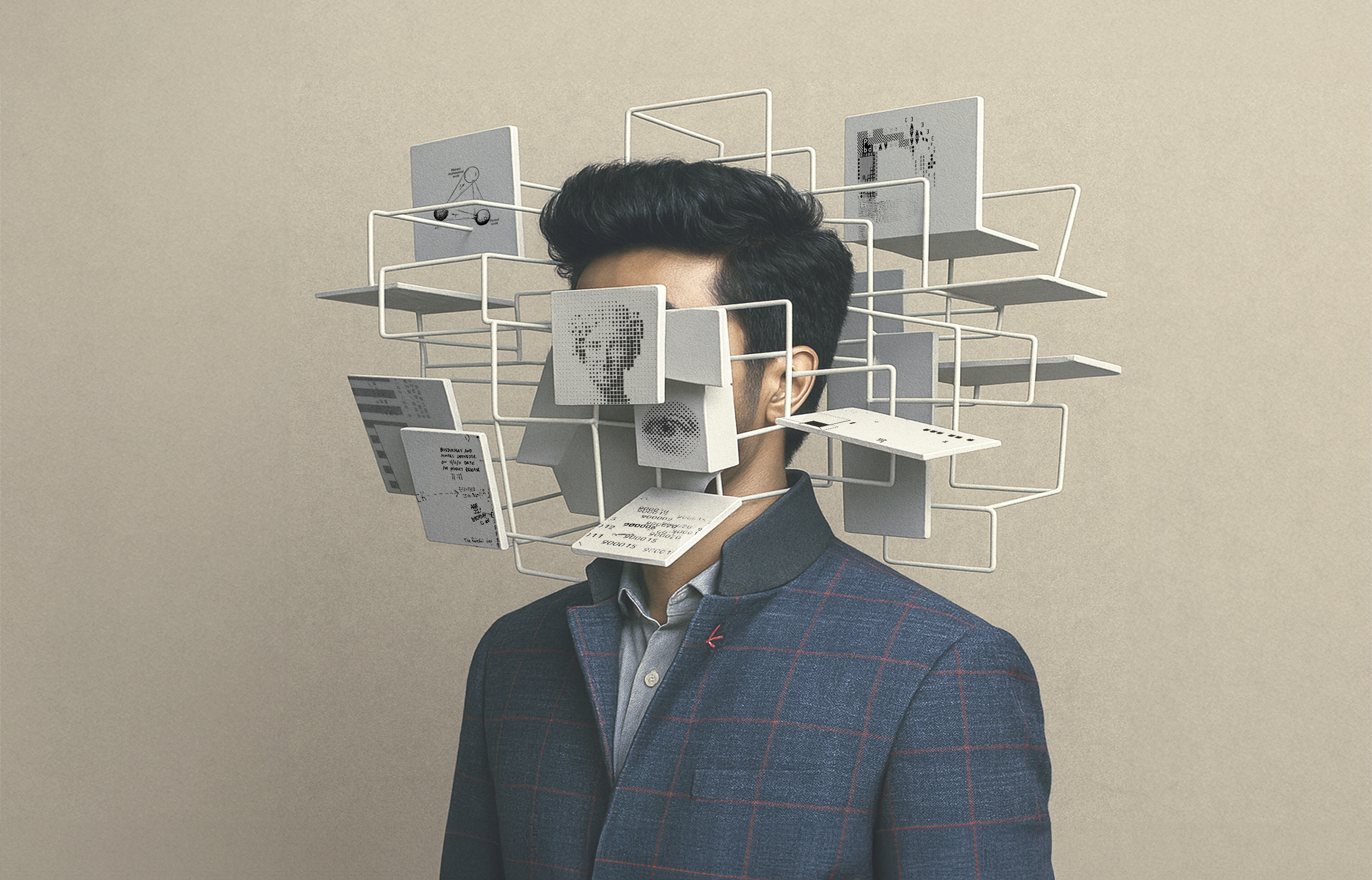Insights | Date: May 7th, 2025 – written by M. Veret
Closing the Mental Health Gap: Evaluating Artificial vs. Traditional Approaches in a SaaS Solution Powered by the Tentwo Methodology
The mental health crisis in the United States continues to deepen, exposing systemic shortages and inefficiencies in traditional care models. According to the U.S. Department of Health and Human Services, more than 160 million Americans live in areas designated as Mental Health Professional Shortage Areas (HPSAs) [1]. Meanwhile, the American Psychological Association reported a >25% surge in demand for mental health services between 2020 and 2023, while the provider workforce has not increased proportionately [2]. In this landscape, innovation is not optional—it is urgent.
Yet despite the escalating need, many Software-as-a-Service (SaaS) solutions for mental and emotional health remain formulaic—often limited to scheduling tools, chatbots, or mindfulness content libraries. While helpful, these tools rarely provide structured, measurable methods for transforming emotional states or accelerating therapeutic outcomes.
Mental health startups face several persistent challenges that hinder effectiveness and scalability:
Innovation gaps: Many solutions rely heavily on generic content and AI-driven chatbots. Though accessible, these tools often fail to address complex mental health conditions and lack the contextual depth and emotional intelligence of human therapists [3]. Overreliance on such systems may result in inadequate care for users with severe or chronic mental health conditions.
Scalability concerns: Despite record-breaking investment—$5.1 billion was invested in digital mental health startups in 2021—many platforms have not achieved the scalable impact they promised [4]. Startups often struggle with user retention, clinical validation, and integration with the broader healthcare ecosystem.
Workforce shortages: The HHS confirms that the U.S. needs over 8,200 additional mental health practitioners to meet national demand, with some areas facing wait times exceeding six weeks for psychological services [1,5]. This reinforces the need for digital tools that can augment, rather than merely replicate, traditional therapy.
At Veret Company, we are addressing these challenges by developing a product that fuses evidence-based psychological frameworks with innovative digital delivery, ensuring support that is both scalable and transformative.
A SaaS Built on Tentwo: Why Now?
Imagine a mental health platform designed not merely to connect patients with professionals, but to guide users through a structured process of cognitive calibration using a validated psychological system. Such a system would empower individuals to take ownership of their emotional well-being, while simultaneously supporting clinicians with empirical tools to accelerate outcomes and improve consistency in care.
“AI is enhancing mental health services by providing innovative ways to diagnose, treat, and support individuals. AI-driven tools can analyze speech patterns, detect emotional cues, and provide real-time feedback, making mental health care more personalized and efficient.”
— Abhijeet Adhikari, AIM Research
This quote highlights the transformative impact of AI in making mental health care more accessible and tailored to individual needs. Integrating it into your article can underscore the potential of technology to bridge existing gaps in mental health services.
Innovation Deficit in Mental Health SaaS
Despite the influx of capital—$2.1 billion in 2022 alone for digital mental health startups [6]—the sector suffers from a creativity bottleneck. Most platforms offer basic scheduling, symptom tracking, or access to licensed professionals. Few attempt to restructure internal cognitive and emotional systems through behavioral engineering or dynamic feedback.
Tentwo’s layered psychological methodology assumes that dysfunction stems not just from events or disorders, but from misaligned internal architecture. A Tentwo-powered SaaS would enable a repeatable system of emotional re-alignment—going beyond symptom management to structural transformation.
A Platform for a New Generation of Mental Responsibility
As the digital health space moves toward personalization, prevention, and proactive care, a SaaS built on Tentwo stands as more than a product—it’s a shift in philosophy. By embedding creative psychological design into the tech stack, it redefines SaaS as a tool for mental recalibration, not just facilitation.
In a world where 1 in 5 U.S. adults experiences mental illness each year [7], and where median wait times to see a mental health professional can stretch beyond six weeks [5], scalable innovation is essential. The Tentwo Methodology offers not just a blueprint for personal transformation—but a vision for reshaping digital mental health altogether.
SOURCES
1.U.S. Department of Health & Human Services, Health Resources & Services Administration. “Designated Health Professional Shortage Areas Statistics.” https://data.hrsa.gov
2.American Psychological Association. “2023 Practitioner Pulse Survey Results.” https://www.apaservices.org
3.Nature Digital Medicine. “The Limits of AI Chatbots in Mental Health.” npj Digital Medicine, 2022.
4.Rock Health. “2021 Digital Health Funding: Year-End Report.” https://rockhealth.com
5.National Council for Mental Wellbeing. “The Psychiatric Workforce Shortage: Causes and Solutions.” 2022.
6.CB Insights. “State of Mental Health Tech 2023.” https://www.cbinsights.com
7.National Institute of Mental Health. “Mental Illness: Prevalence and Statistics.” https://www.nimh.nih.gov

